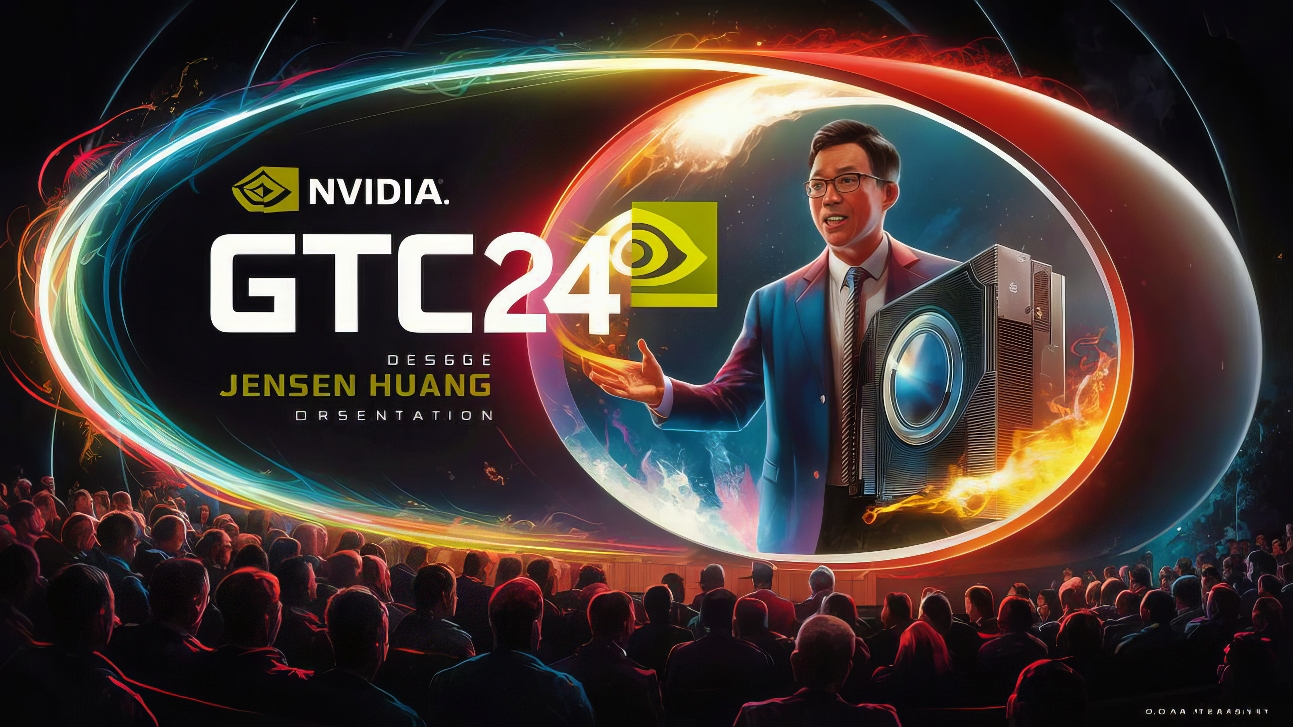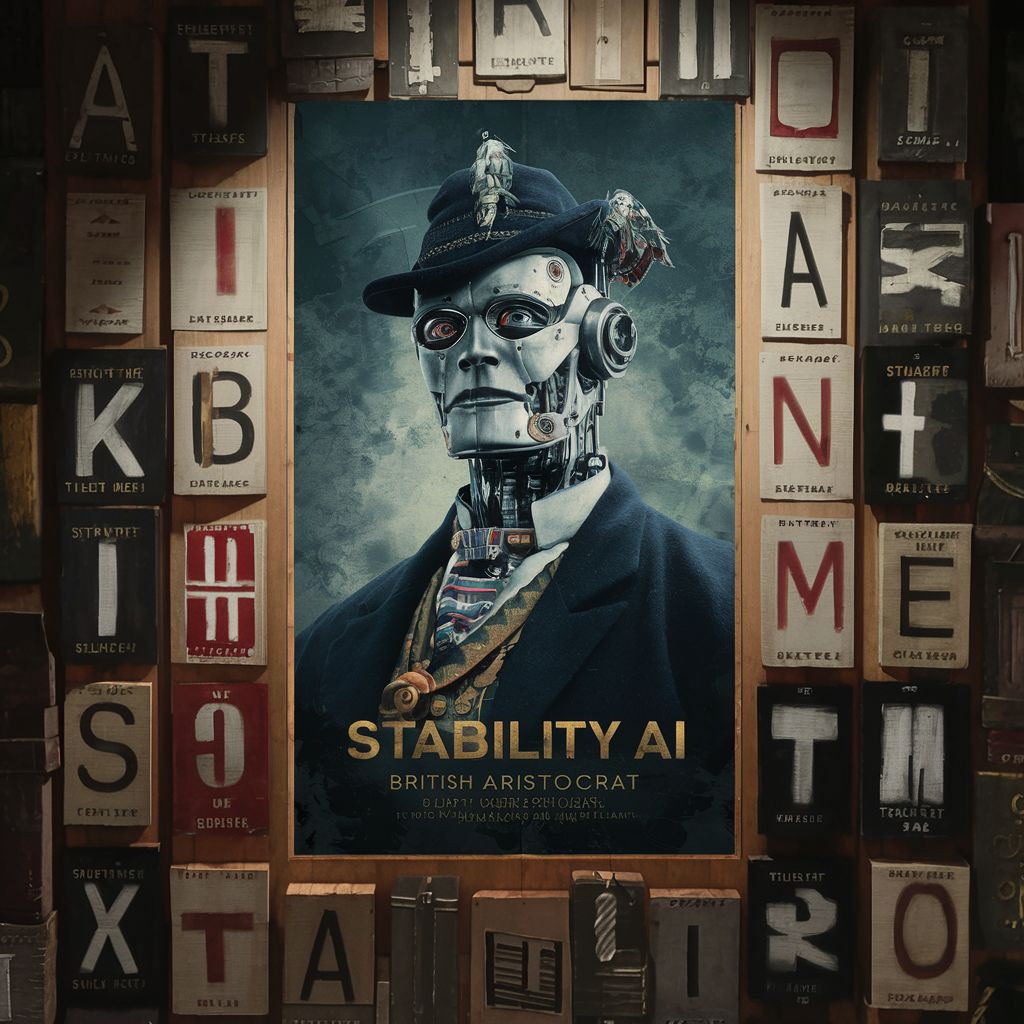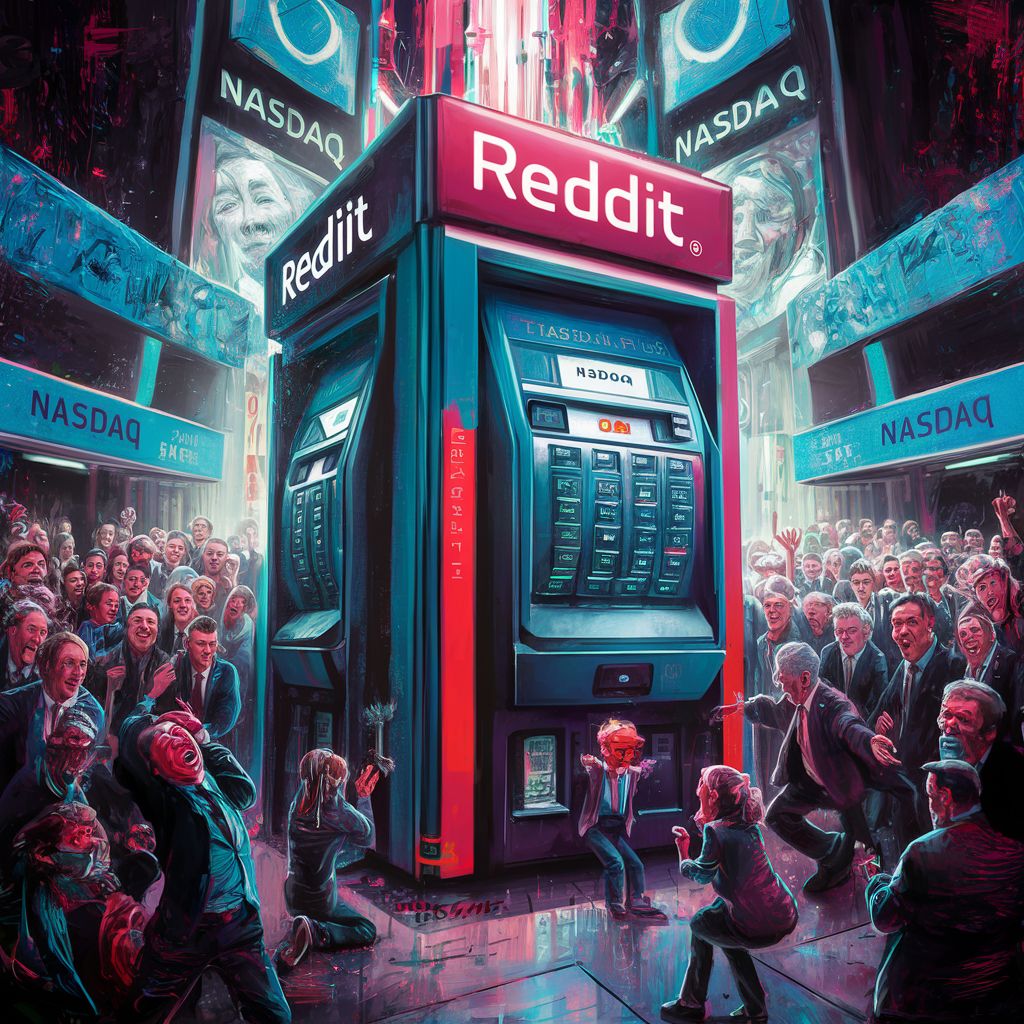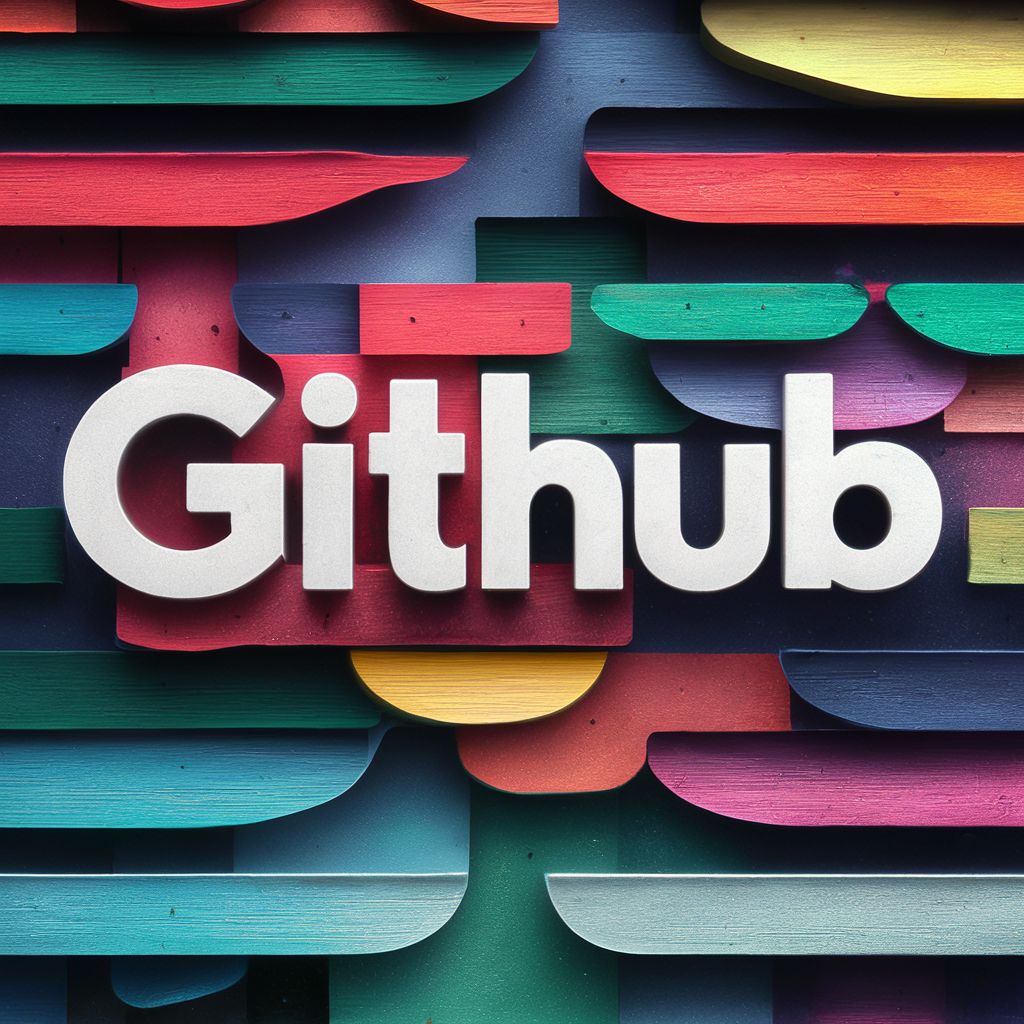
Revolutionizing AI and Computing: Key Insights from Nvidia CEO’s GTC Keynote
Other AI News
-
Adversarial AI: The Underestimated Cyber Threat to AI and MLOps Systems
Adversarial AI emerges as a significant cyber threat that many IT leaders are unprepared for, despite recognizing the importance of securing AI and MLOps systems. A recent report highlights a disconnect between the perceived necessity of safeguarding AI systems and the actual implementation of protective measures. While 97% of IT leaders acknowledge the critical need for securing AI, only 61% believe they will receive the necessary funding. Furthermore, despite 77% of these leaders experiencing AI-related breaches, a mere 30% have implemented manual defenses against adversarial attacks. This gap in preparedness is alarming as IT leaders increasingly rely on AI models, making them attractive targets for adversarial AI attacks designed to manipulate or deceive AI and machine learning systems, rendering them ineffective for their intended use cases.
Adversarial AI attacks can range from exploiting algorithm vulnerabilities to targeting generative AI systems’ filters and restrictions, with nation-states weaponizing large language models (LLMs) to bypass content restrictions and create prohibited content. The report outlines three broad classes of adversarial AI attacks: adversarial machine learning attacks, generative AI system attacks, and MLOps and software supply chain attacks, each with distinct goals and methodologies. To combat these threats, organizations are advised to integrate red teaming and risk assessment into their security practices, adopt defensive frameworks for AI, incorporate biometric modalities and passwordless authentication techniques, and regularly audit verification systems to mitigate the risk of synthetic identity attacks, highlighting the urgent need for a proactive and comprehensive approach to AI security.
-
Accenture Invests $1 Billion in LearnVantage to Bridge AI Skills Gap in Workforce
Accenture has launched Accenture LearnVantage, a $1 billion investment over three years in an AI-powered learning platform aimed at addressing the growing AI skills gap in the workforce. This initiative seeks to empower clients to upskill their employees in critical areas such as generative AI, cloud computing, and cybersecurity, amid widespread talent shortages. Accenture LearnVantage will provide personalized learning paths, leveraging content from both Accenture and third-party providers, powered by an AI recommendation engine to tailor skills development to individual roles and business strategies. This effort is supported by recent strategic acquisitions and partnerships, including the acquisition of digital education pioneer Udacity, and collaborations with tech giants like AWS, Google Cloud, and Microsoft, to offer comprehensive generative AI content and industry-specific technology training.
The launch of Accenture LearnVantage comes at a crucial time when the demand for generative AI skills is surging, yet only a small fraction of companies are providing the necessary training at scale. With 94% of workers expressing a desire to learn these skills, Accenture’s platform is poised to bridge this gap, offering tailored learning experiences that align with industry needs and enabling businesses to stay competitive in the rapidly evolving technological landscape. This significant investment underscores the importance of upskilling and reskilling in the AI era, positioning Accenture LearnVantage as a key player in the enterprise learning market and supporting businesses across various industries in their digital transformation journeys.
-
Microsoft Absorbs AI Startup Inflection After $1.3B Fundraising, Shaping the AI Industry’s Future
Inflection, after raising a staggering $1.3 billion with Microsoft as the lead investor to develop “more personal AI,” finds itself essentially absorbed by its biggest backer less than a year later. Co-founders Mustafa Suleyman and Karén Simonyan, along with a significant portion of their team, are transitioning to Microsoft to spearhead the newly formed Microsoft AI division. This move leaves Inflection, once a promising AI startup with ambitions to create conversational AI that remembered users and previous interactions, in a precarious position. Reid Hoffman remains with the company, now under new CEO Sean White, as they attempt to salvage what remains. This dramatic shift underscores the volatile nature of the AI industry and raises questions about the sustainability of ambitious AI projects in the face of rapid technological advancements and fierce competition.
The narrative of Inflection’s rise and swift integration into Microsoft reflects broader industry dynamics, where legacy tech giants maintain a significant influence over the direction and ownership of innovative AI ventures. Microsoft’s strategy of backing multiple AI initiatives, only to integrate them when they show signs of faltering, echoes historical tactics of “embrace, extend, extinguish.” This approach not only highlights the challenges startups face in maintaining independence but also emphasizes the critical role of strategic partnerships and funding in the survival and growth of AI enterprises. As the AI landscape continues to evolve, the fate of Inflection serves as a cautionary tale for other startups navigating the complex interplay between innovation, investment, and the overarching ambitions of tech industry behemoths.
-
OpenAI’s GPT Store Struggles with Spam and Copyright Issues Amid Rapid Growth
OpenAI’s GPT Store, a marketplace for custom chatbots powered by OpenAI’s generative AI models, is facing a significant challenge with an influx of bizarre and potentially copyright-infringing content. Despite OpenAI’s moderation efforts, which include a mix of automated systems, human review, and user reports, the GPT Store has quickly become populated with GPTs that range from offering art generation in the style of Disney and Marvel to promising the ability to bypass AI content detection tools like Turnitin and Copyleaks. This situation highlights a gap in OpenAI’s moderation process and raises concerns about the quality and legality of the content being offered.
The rapid growth of the GPT Store, boasting approximately 3 million GPTs, appears to have come at the expense of quality control and adherence to OpenAI’s own terms of service. The presence of GPTs based on popular movie, TV, and video game franchises not authorized by the rights holders, alongside GPTs promoting academic dishonesty, underscores the challenges OpenAI faces in maintaining a curated and legally compliant marketplace. This development not only poses potential copyright and trademark issues but also questions the effectiveness of OpenAI’s policies against academic dishonesty and impersonation, as the platform becomes a breeding ground for spammy and dubious content.
-
Maingear Partners with Phison to Launch Pro AI Workstations for Efficient LLM Training
Maingear, in collaboration with Phison, has unveiled a new line of Pro AI workstations designed to provide small and medium-sized businesses with a cost-effective solution for developing and training large language models (LLMs) at speed. These workstations, built with Phison’s aiDAPTIV+ technology, are available in three preconfigured variants: the Shodan 64, Shodan 96, and Shodan 192, priced at $28,000, $37,000, and $60,000 respectively. Each model features multiple Nvidia GPUs and Intel Xeon CPUs, boasting built-in noise dampening and a compact size for office environments. The workstations also include caching SSDs to optimize AI development resources, offering an alternative to cloud-based AI training for enhanced data security.
Maingear’s Pro AI workstations aim to democratize access to advanced AI training capabilities, previously limited by the need for multimillion-dollar investments. This initiative is part of a broader effort to address the growing demand for AI development tools that are both powerful and accessible. Phison’s collaboration with Maingear underscores a significant advancement in making AI development and training more accessible to the industry, highlighting both companies’ commitment to innovation. With these workstations, Maingear and Phison are setting a new standard for AI development infrastructure, enabling businesses, universities, and research facilities to stay competitive in the fast-evolving AI landscape.
-
Stability AI Unveils Stable Video 3D, Elevating Gen AI Video Generation to New Heights
Stability AI has expanded its generative AI model offerings with the launch of Stable Video 3D (SV3D), a new gen AI video tool designed for rendering 3D video. Building on the capabilities of its Stable Video Diffusion model, SV3D enhances video generation by creating and transforming multi-view 3D meshes from a single input image. This advancement allows for the generation of novel view synthesis and 3D content, making it a valuable tool for various applications, including game creation and e-commerce. SV3D is now available for commercial use through a Stability AI Professional Membership, and for non-commercial purposes, users can access the model weights on Hugging Face.
SV3D represents a significant step forward in video generation technology, offering coherent views from any angle and the ability to optimize 3D meshes directly from novel views. This model comes in two variants, SV3D_u and SV3D_p, catering to different use cases by generating orbital videos from single images and allowing for 3D video creation along specified camera paths. Stability AI’s introduction of SV3D underscores its commitment to advancing AI development and training, providing creators and developers with powerful tools to generate high-quality 3D content and immersive experiences.
-
White House Backs Intel with $8.5 Billion Funding for U.S. Chip Manufacturing Boost
The White House, in collaboration with the Department of Commerce, has announced a proposal to allocate up to $8.5 billion in funding to Intel to bolster domestic chip manufacturing in the United States. This move is part of the broader CHIPS Act initiative, aimed at revitalizing U.S. semiconductor production amidst supply chain challenges and geopolitical tensions, particularly with China. Intel’s commitment to expanding its manufacturing footprint includes a $10 billion facility near Columbus, Ohio, and plans for further investments in Arizona, New Mexico, and Oregon, expected to create thousands of jobs and significantly enhance U.S. semiconductor capabilities.
This funding proposal underscores the U.S. government’s efforts to secure a more resilient supply chain and reduce dependency on foreign semiconductor production, which is currently dominated by Asia, especially Taiwan and China. Despite these efforts, there are concerns about whether these measures are sufficient to close the gap with leading semiconductor manufacturers like TSMC. Additionally, Intel’s recent delay in the manufacturing start date of its Ohio plant to 2027 highlights the challenges in rapidly scaling domestic production. The initiative represents a significant investment in the future of U.S. technology and manufacturing, aiming to stimulate innovation, job creation, and the next generation of semiconductor technology.
-
Nvidia’s CEO Predicts AGI Within 5 Years, Offers Solution to AI Hallucinations
Nvidia’s CEO, Jensen Huang, at the company’s annual GTC developer conference, discussed the future of Artificial General Intelligence (AGI), estimating its arrival within the next five years. AGI, or “strong AI,” represents a form of AI that can perform any intellectual task that a human being can, in contrast to narrow AI, which is designed for specific tasks. Huang’s prediction hinges on defining AGI through a set of specific tests, suggesting that if AGI were to be measured by its ability to outperform humans in tasks such as legal bar exams or medical tests by a significant margin, it could be achieved within the stated timeframe.
Huang also addressed the issue of AI hallucinations, a phenomenon where AI systems generate plausible but factually incorrect answers. He proposed a solution through “retrieval-augmented generation,” which involves verifying answers against trusted sources before presenting them, akin to basic media literacy practices. This approach, Huang argues, could significantly mitigate the problem of AI hallucinations by ensuring that AI systems research and verify information before responding, thereby enhancing the reliability of AI-generated content.
-
Nvidia’s CEO Advocates for ‘AI Factory’ Paradigm Shift in Data Center Perception
During Nvidia’s GTC 2024 event, CEO Jensen Huang introduced the concept of the “AI factory,” urging enterprises to shift their perspective from viewing data centers merely as cost centers to recognizing them as AI factories that transform data and electricity into valuable data tokens. This analogy draws a parallel to the Industrial Revolution, where raw materials were converted into products of value, suggesting that in the current technological revolution, the raw material is data, and the product is data tokens with global distribution and significant value. Huang’s comparison aims to redefine the role of data centers in the modern economy, highlighting their potential to generate revenue through the production of data tokens, a shift that could significantly impact how companies perceive and invest in data center technology and AI tools.
-
Nvidia and Qualcomm Amplify Open-Source Robotics by Joining OSRA
Nvidia and Qualcomm have become Platinum members of the newly established Open Source Robotics Alliance (OSRA), an initiative launched by the Open Source Robotics Foundation (OSRF) to support and maintain open-source robotics projects, particularly focusing on the Robot Operating System (ROS). ROS, a pivotal technology in robotics development since its inception in 2007 by Willow Garage, has facilitated significant advancements in the field. The involvement of major tech companies like Nvidia, Qualcomm, and Alphabet’s X spinout Intrinsic in OSRA underscores the industry’s commitment to fostering open-source robotics development. This collaboration aims to enhance the robotics ecosystem by supporting development efforts, providing governance, and ensuring continuity for open-source projects.
The OSRA will also oversee the governance of other key open-source robotics projects, including the Gazebo simulator and Open-RMF, which aims to standardize robotic system interoperability across different companies. The alliance operates on a mixed membership and meritocratic model, similar to other tech industry consortia like the Linux Foundation, with membership levels and contributions varying based on the organization’s size. The participation of Nvidia and Qualcomm, both of which are involved in creating reference design robots, alongside other members like Clearpath and PickNik Robotics, is expected to significantly contribute to establishing and cementing open-source standards in robotics, driving innovation and collaboration in the field.
-
Quilt Develops AI Assistants to Empower Solutions Teams, Secures $2.5M in Seed Funding
Quilt, co-founded by Dan Chen and Michael Graczyk, is introducing AI-powered assistants aimed at enhancing the productivity of solutions teams, such as sales engineers, solutions architects, and consultants. These professionals play a crucial role in explaining complex enterprise technology to potential customers, yet often lack sufficient resources and staffing. Quilt’s platform leverages generative AI to assist with tasks like completing requests for proposals, answering technical queries, and preparing for demonstrations. By automating routine tasks, Quilt enables solutions teams to focus more on customer interaction and securing deals. The platform’s AI assistants are designed to understand technical knowledge and context, promising to save teams time and contribute to more successful sales outcomes.
Despite the potential benefits, the use of generative AI raises concerns about data privacy and the risk of AI “hallucinations,” where AI systems generate plausible but incorrect information. Quilt addresses these challenges by ensuring its models differentiate between known facts and enterprise data, aiming to minimize the risk of disseminating false information. Additionally, Quilt prioritizes data security by not sharing data across organizations and allowing users to delete their accounts and data upon request. Backed by a $2.5 million seed round led by Sequoia, Quilt is poised for growth, planning to expand its team and further develop its AI assistants for solutions teams. This initiative reflects the broader interest in applying generative AI within sales functions to streamline tasks and enhance productivity.
-
Astera Labs’ IPO Success Signals Strong Market Appetite for AI-Enabled Tech Companies
Astera Labs, a company specializing in connectivity hardware for cloud computing data centers, has made a remarkable debut as a public company, with its shares soaring 72% on the first day of trading. Initially priced at $36 per share, above its raised price range, Astera’s IPO quickly gained momentum, reflecting strong investor interest in technology companies with an AI focus. This surge in Astera’s stock price not only highlights the market’s appetite for AI-driven enterprises but also sets a positive precedent for other tech companies considering going public. Astera’s success is particularly noteworthy given its role in facilitating the AI-driven data center buildout, underscoring the market’s valuation of companies that enable AI infrastructure and services.
Astera Labs’ IPO, which valued the company at around $5.5 billion, rising to approximately $8.9 billion based on its closing price, represents a significant milestone in the tech industry’s IPO landscape. This event is a testament to the growing demand for AI-related technologies and the potential for companies in this sector to achieve substantial valuations. Furthermore, Astera’s performance could signal a warming trend for the IPO market, especially for venture-backed companies in the AI space. As the tech industry continues to evolve with AI at its core, Astera Labs’ successful public offering may encourage more companies to explore public listings, contributing to a revitalized IPO market that embraces innovative AI applications.
-
Reddit’s IPO Soars, Highlighting Strong Market Appetite for AI-Driven Tech Companies
Reddit’s IPO has proven to be a significant success, with shares closing nearly 48% above the initial offering price on the first day of trading. Priced at $34 per share, at the top end of its target range, Reddit’s stock performance reflects strong investor confidence, particularly in light of the company’s AI-driven growth prospects. Despite being unprofitable with net losses exceeding $90 million last year, Reddit’s revenue reached $804 million in 2023, buoyed by its burgeoning AI data licensing business. The company’s strategic move to sell $203 million worth of contracts to AI companies for access to its vast data repository underscores the potential for this segment to drive future growth, especially given the high demand for training data among large language model AI companies.
This IPO success story comes amid regulatory scrutiny, with the FTC opening an inquiry into Reddit’s user data licensing for AI training, which could impact future stock performance. However, Reddit’s strong debut, following Astera Labs’ impressive IPO, suggests a renewed investor appetite for tech companies with an AI twist, challenging the prevailing market narrative and possibly signaling a more favorable environment for tech IPOs. The positive reception of Reddit’s and Astera Labs’ public offerings may encourage other tech companies to consider going public, potentially revitalizing the IPO market for tech firms with growth stories, particularly those involving AI.
-
GitHub Unveils AI-Powered Tool to Automatically Remediate Code Vulnerabilities
GitHub has introduced a groundbreaking beta feature for its code-scanning tool that automatically identifies and fixes security vulnerabilities in the coding process. This innovative feature integrates the real-time capabilities of GitHub’s Copilot with CodeQL, GitHub’s semantic code analysis engine, to offer a powerful solution for enhancing code security. GitHub asserts that this new system can resolve more than two-thirds of detected vulnerabilities, often without requiring any manual code edits by developers. It aims to cover over 90% of alert types for supported languages, which currently include JavaScript, Typescript, Java, and Python, making this feature available to all GitHub Advanced Security customers.
The autofix tool operates by leveraging CodeQL to detect vulnerabilities in code before execution and suggesting fixes through a combination of heuristics and GitHub Copilot APIs, with explanations generated by OpenAI’s GPT-4 model. While GitHub is confident in the accuracy of the majority of these autofix suggestions, it acknowledges that a small percentage may not fully grasp the codebase or the specific vulnerability. This initiative not only aims to alleviate developers from the tedious task of vulnerability remediation but also allows security teams to concentrate on broader strategies to protect their businesses, thereby accelerating the pace of secure development.
-
Stability AI’s Founder Emad Mostaque Steps Down Amid Company’s Leadership Shift
Emad Mostaque, the founder and CEO of Stability AI, has resigned from his position, following the departure of key researchers from the company. In a statement released by Stability AI, Mostaque expressed pride in leading the company to significant achievements, including hundreds of millions of downloads and the development of leading models across various modalities. He stated his belief in the company’s mission and its future, emphasizing his decision to step down to focus on ensuring AI remains open and decentralized. Mostaque, who holds the majority board vote through his shares, clarified that the resignation was his decision, aiming to address the concentration of power in AI, which he views as detrimental.
The company has appointed Shan Shan Wong, the Chief Operating Officer (COO), and Christian Laforte, the Chief Technology Officer (CTO), as interim leaders while searching for a permanent replacement. Mostaque’s departure marks a significant transition for Stability AI, a company he founded in 2020 and initially self-funded. Under his leadership, Stability AI released the popular open-source text-to-image generation model, Stable Diffusion, which has been instrumental in the AI image generator boom. Despite facing challenges, including legal disputes and internal issues, Stability AI has continued to release new and advanced models, contributing significantly to the AI field.
-
KL3M: Pioneering the First ‘Fairly Trained’ AI Large Language Model
The AI landscape is witnessing a significant shift with the introduction of KL3M (Kelvin Legal Large Language Model), developed by 273 Ventures. This model stands out as the first large language model (LLM) to receive a “Licensed Model (L) Certification” from Fairly Trained, an independent auditing company. This certification is a testament to KL3M’s training on data obtained under proper agreements or from the public domain, challenging the prevailing notion that useful AI models require the use of copyrighted materials without explicit consent. Co-founded by Daniel Martin Katz, a law professor, and Michael Bommarito, a legal technology entrepreneur, 273 Ventures has meticulously collected data from sources like U.S. government documents and old legal filings, ensuring KL3M’s training did not infringe on copyright laws.
KL3M’s certification by Fairly Trained marks a pivotal moment in ethical AI development, showcasing the possibility of creating powerful and useful AI models while respecting copyright laws and data provenance. The model, which has been trained on a high-quality, curated subset of the Kelvin Legal DataPack, demonstrates impressive capabilities in legal document drafting and revision, SEC filings, and patent drafting, among other applications. With two versions available, kl3m-170m and the more powerful kl3m-1.7b, KL3M offers a range of applications for the legal industry and beyond, highlighting the broader applicability of models trained on ethically sourced data. This development not only challenges existing practices in AI model training but also sets a new standard for the ethical and legal use of data in AI.
About The Author

Bogdan Iancu
Bogdan Iancu is a seasoned entrepreneur and strategic leader with over 25 years of experience in diverse industrial and commercial fields. His passion for AI, Machine Learning, and Generative AI is underpinned by a deep understanding of advanced calculus, enabling him to leverage these technologies to drive innovation and growth. As a Non-Executive Director, Bogdan brings a wealth of experience and a unique perspective to the boardroom, contributing to robust strategic decisions. With a proven track record of assisting clients worldwide, Bogdan is committed to harnessing the power of AI to transform businesses and create sustainable growth in the digital age.








Leave A Comment